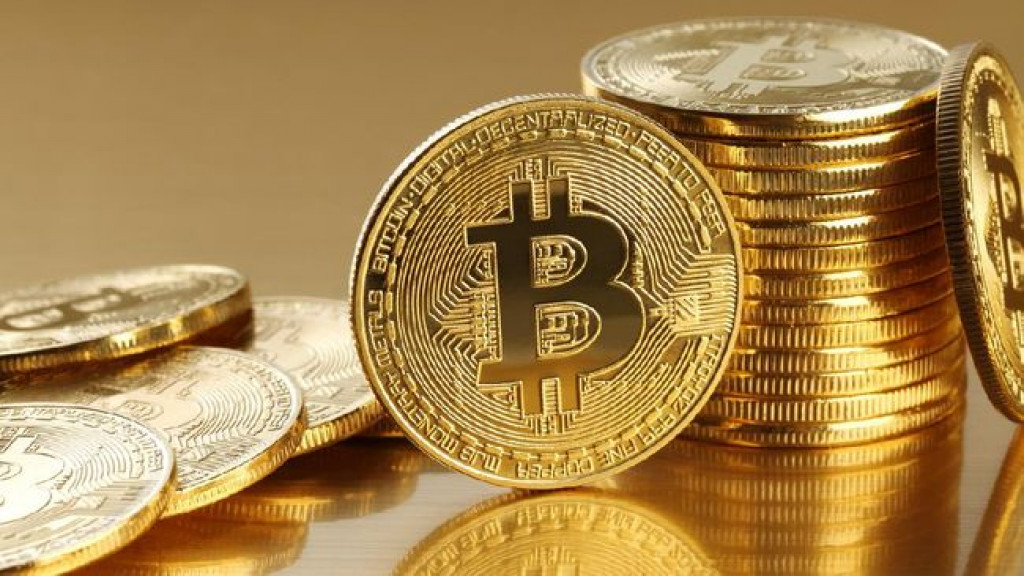Russia’s Central Bank and the Finance Ministry have agreed on a draft bill to introduce the use of bitcoin and cryptocurrencies in international trade settlements.

Russian Deputy Finance Minister Alexei Moiseev said the bill “describes how cryptocurrency can be purchased, what can be done with it, and how cross-border settlements can or cannot be made.”
The agreement follows a previous report in which Moiseev stated it was impossible for Russia to conduct international trade without the use of bitcoin and cryptocurrencies due to the current sanctions. However, the Bank of Russia still opposes the legalization of cryptocurrency exchanges and settlements in cryptocurrencies within Russia, according to the report. The central bank’s sentiment continues to illustrate the differing of opinion between regulators and government officials in Russia.
The initial bill proposing a framework for digital assets was presented earlier this year by the Russian government and encouraged a ban on bitcoin mining. However, the Ministry of Finance replied to this with a bill of its own which called for stricter regulation of the space. President Vladimir Putin then announced his support for the Ministry’s bill citing Russia’s competitive advantage with natural resources, implying that digital currencies could be backed by hard assets.
Since then, the Russian Minister of Energy and the Federal Tax service have commented on how bitcoin can help small businesses and alluded to interdepartmental conversations on the matter of international trade. Ivan Chebeskov, director of the financial stability market for the Russian Ministry of Finance previously explained that there are many more “like-minded people” on the matter.
The use of cryptocurrencies in Russia trade is already happening, with restrictions over the access to and use of US dollars and euros, together with SWIFT disconnection pushing many vendors to open cryptocurrency accounts to receive payment for goods and services from overseas.
On many levels, the current political situation as concerns sanctions upon Russia is having the effect of fast-tracking the Russian economy to a digital platform ahead of other significant economies. China has already launched its ‘Digital Yuan App’ across 23 cities in China, a partial step ahead of Russia who wishes to limit the use of cryptocurrency in Russia at this stage, but who at the same time has been exploring the possibility of the Digital Ruble. The issue with domestic digital currencies is that these require state bank control. International payments in cryptocurrency do not, however the payment mechanism must still be rendered trustworthy. A favoured mechanism at this time appears to be the use of Ethereum as a tradable asset in international trade with Russia. Ethereum was conceived in 2013 by Russian programmer Vitalik Buterin, and is a decentralized, open-source blockchain with smart contract functionality. Among cryptocurrencies, Ethereum is second only to bitcoin in market capitalization.
Interested parties may contact us here for guidelines and advisory about setting up and using this system.
As the United States continues to use both the US dollar and the SWIFT payments mechanism as trade and sanctions weapons, the impact of other countries following this lead is likely to follow on a far broader scale. Further developments in Russia and overseas can be expected way into 2023 and beyond with the se of cryptocurrency payments in common global usage by 2030.
Source: Russia-Briefing















